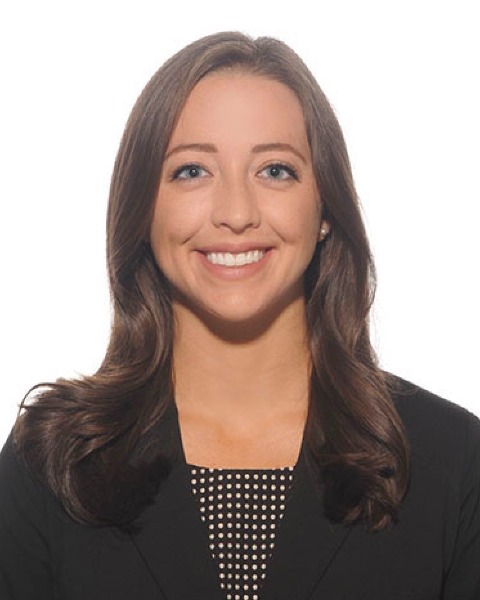Medical Education
Session: Medical Education 4 Works in Progress
WIP 53 - Simulating Senior Residents: Implementation of Simulation in Intern-to-Senior Transition Curriculum
Sunday, May 5, 2024
3:30 PM - 6:00 PM ET
Poster Number: WIP 53
Publication Number: WIP 53.2427
Publication Number: WIP 53.2427

Barbara Friedes, MD, MSc (she/her/hers)
Resident
Childrens Hospital of Philadelphia
Philadelphia, Pennsylvania, United States
WIP Presenting Author(s)
Background: The transition from intern to senior resident is an important milestone that involves assuming new roles and responsibilities. While most residency programs have a transition curriculum, there is no consensus on the material to cover or method to deliver this high-yield content. Many such curricula are primarily didactics-based.
Objective: The purpose is to incorporate a simulation experience into an existing intern-to-senior transition curriculum and to evaluate the impact on senior resident preparation.
Design/Methods: This is a single-site study conducted with second-year residents at a large, urban institution (n= 59). During leadership retreat (July-September 2023), residents participated in a 15-minute simulation mimicking the senior resident sign-out and pre-rounding process. Objectives related to senior responsibilities were provided, including medical decision making, contingency planning, clinical teaching, team management, goal and expectation setting, provision of feedback, work rounds planning, and interprofessional care coordination. Roles included day senior resident dyads (PGY-2 attendees) as well as a night senior resident, intern, medical student, charge nurse, and laboratory technician, which were filled by faculty or PGY-3 facilitators. During the simulation, senior resident dyads received verbal and written sign-out about five de-identified General Pediatrics patients. During the subsequent pre-rounding period, interruptions were introduced: 1) intern concerned about patient’s respiratory distress, 2) charge nurse with question regarding NPO time for procedure, 3) medical student arriving on their first day, 4) laboratory technician calling with critical results. After the simulation, a debrief was conducted and participants completed an evaluation form via REDCap. De-identified data met Institutional Review Board exemption criteria. Data analysis will use t-tests to analyze the REDcap Likert scale responses to evaluate the primary outcome of usefulness for senior resident preparation. Analysis is expected to be completed by December 1, 2023.
